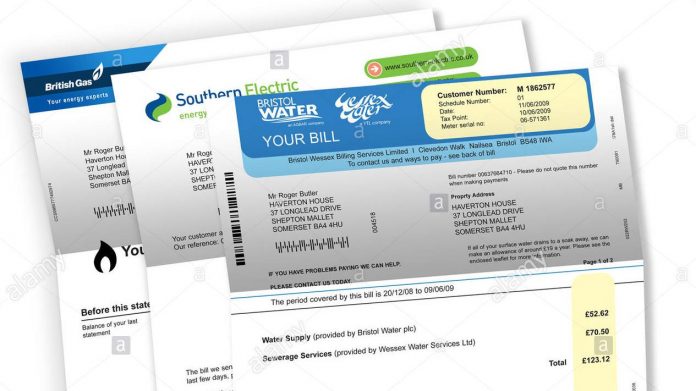People who receive paper bills in the mail should check to see if it is costing them extra, and if it is, look into how to avoid the extra charge.
Commissioner for Consumer Protection David Hillyard said consumers may not realise that many bills they receive in the post could cost them an extra fee.
“The fee could be a couple of dollars for some service providers but, for those receiving multiple paper bills over the course of a year, it’s an added cost people don’t need – particularly those who are on a low income,” Mr Hillyard said.
“For those who want to avoid the fee, they can switch to online billing or, if they want or need to continue to receive paper bills, they can find out whether they are eligible for an exemption.
“Many companies offer fee exemptions for people who meet certain criteria, such as if they are seniors, registered for a concession, on low incomes or if they have limited access to the internet. Ask if you qualify and what you need to do to avoid the paper bill fee.
“The paper bill fees are designed to cover the cost of printing and mailing bills to consumers. However, many service providers have exemptions in place for people who receive paper bills because they have no real alternative.”
In 2018 the Australian Government undertook a regulatory assessment of fees for paper billing. As a result, businesses have been asked to increase the take up of exemption programs and promote them more widely.
The industry needs to have at least 30 per cent of consumers who receive paper bills covered by an exemption program. If this target is not met by later this year, Consumer Affairs Ministers will consider implementing a ban on paper billing fees.
For more information and advice on paper billing, visit www.consumerlaw.gov.au/paperbilling.
Consumers who were eligible for an exemption but were having trouble getting their exemption request processed should contact Consumer Protection for assistance by emailing consumer@dmirs.wa.gov.au or by calling 1300 30 40 54.



































